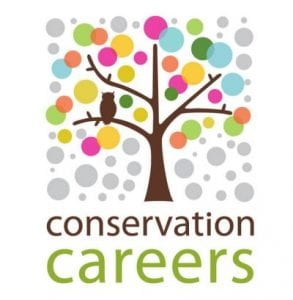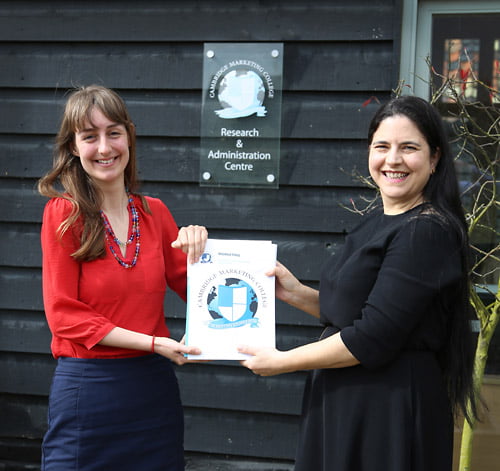Internships are about career growth and work experience In wildlife conservation, it is often not…
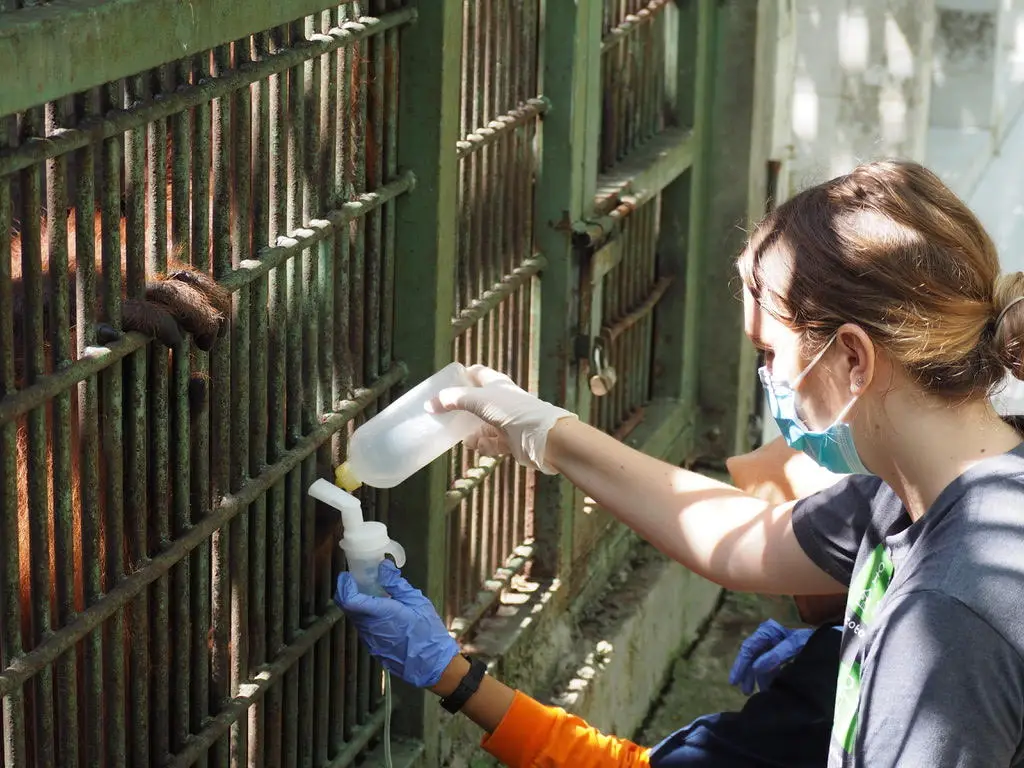
Learning conservation and animal care as a Wildlife Rescue Intern in Indonesia
Hannah talks about her experiences as an intern at the Java Wildlife Rescue Centre
My name is Hannah Griffiths I am 22 and from England. I studied geography at the university of Plymouth. Previously, I volunteered for Save Vietnams Wildlife in Vietnam. Also, I have fundraised for Dementia UK and helped with beach cleans in Cornwall and Devon.
Why did you choose to do this internship?
Since I was young, I have loved wildlife and always wanted to help protect different species. During my final year of university, I learnt about biological conservation and long-term ecology. I really wanted to take this further, so I started working at a wildlife rescue centre in Essex. Soon after I saw this internship posted online and read it was for people who wanted to develop skills as conservationist while working in amazing projects. I chose this internship because I knew I would be working for projects that are making a real difference to endangered animals. I knew I would get hands on experience, gain skills, learn more about wildlife conservation and hopefully be able to transfer these into a future career.
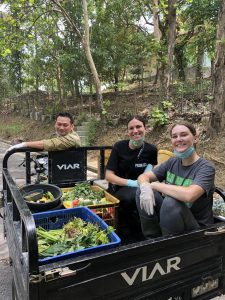
What skills did you gain while learning conservation and animal care ?
During my internship I have gained so many skills without even realising it. I am now able to lead a group of people to work effectivity as a team. For example, I have lead volunteers and school groups repairing enclosures. During part of my internship I became the volunteer coordinator for the Wildlife Rescue Centre. So, I strengthened my ability to work from my own initiative as plans would change and I would have to think of new activities quickly and resolve problems. I produced many volunteer schedules and then spoke with keepers to arrange activities. For this purpose, I had to not only organise myself but all volunteers and staff members who would be involved. I learnt how to make enrichment for different species so that their natural behaviours are maintained and so that they are not stressed or bored. Unexpectedly, I learnt many veterinary skills such as nebulisation. I would frequently help the vet with nebulising orangutans as well as making and giving medicine to orangutans and sun bears. I also, very unexpectedly, learnt how to take a blood sample and retrieve the plasma from it.
What does a typical week’s work involve?
At the WRC breakfast is at 6:30 and each day will begin at 7am when you go to the keeper room, guide the volunteers to their keeper and then begin your work. First break is at 9:30am during this time you go up to the lobby with the volunteers and you can chat to the volunteers about their morning with the animals. After first break on Mondays and Fridays you will show the volunteers to the mice area where they can clean our mice trays, other days you may go with them to help feed animals or make enrichment. Noon is lunch time, once you’ve eaten lunch you wash up your plates etc as the WRC is communal living and everyone cleans their own dishes. Activities after lunch vary depending if there are enclosure repairs that must to be done or enrichment making. No week’s schedule is set in stone as plans can always change depending on volunteers, supplies or keepers.

Each Wednesday there will be a kid’s club either at the centre or at their school where you can play games and help them with their English skills. Thursdays are Javan dinner where you go to a local house which is usually a traditional Javanese house and try Javanese food, this is an amazing cultural experience. On Friday’s people from the local community will come for an English class where you can help them learn, play games or just have conservations to help locals’ practice. Weekends are free and you can explore Jogja or if you wish you can still work or make enrichment for the animals, the choice is yours.

Tell us about the highlights of your trip?
A highlight of my time learning conservation and animal care has been working alongside the vet. Whilst working with the vets, I was able to experience so many amazing things. I helped prepare medicines for all species of animal. I gave medicines to orangutans, sun bears, a sick baby gibbon. Also, I nebulised orangutans and helped change bandages on eagle feet and helped with eagle and leopard cat exanimations. Two of the orangutans I helped with are now being moved to Borneo. The leopard cat and eagles have been translocated. The gibbon is now healthy. It is amazing to see how you can help create real impacts to animals’ lives.
When I first arrived at the centre in October 2019 there was a malnourished gibbon who needed hand feeding every morning and afternoon because he was too malnourished to eat by himself. After about one and a half months of hand feeding one day, he reached into the food bowl himself to eat, soon after this he was eventually picking up his own fruit and eating on his own. This was the most rewarding experience to know I had helped make him healthy enough to eat by himself and now he does not need any human intervention so he can hopefully be released!
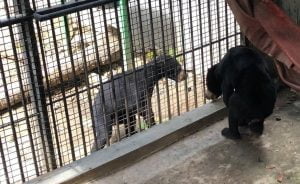
My other most rewarding moment from the WRC however was watching the two sun bears to see if they could live together. My monitoring notes were given to the vets to decide if they could progress with opening the gate and eventually after I had monitored them and recognised behaviours the gate was opened, and the two sun bears now live together.
What were the most challenging aspects?
The most challenging aspect of my internship was taking on the role of volunteer coordinator. Being a volunteer coordinator is so much more than I first thought, you must make schedules, ensure volunteers always have something to do, entertain, arrange transport, do their orientation (presentation and tour), come up with new activities so it is not repetitive, make arrangements with keepers and other staff, ensure their safety at all times when in the animal area. I over came all this by taking my time to plan schedules, built bonds with keepers so I knew we would both be comfortable discussing plans and really getting to know everyone at the centre. Over time my confidence grew when giving the welcome presentation and as I learnt more and more my introductory tour became better, longer and more informative.
Would you recommend this internship to others and why?
I would without a doubt recommend interning here to others. Not only did I end up learning conservation and animal care skills, but I also became a much more confident person and made friends for life! Every day is different and that is what makes it so fun. You may end up helping the vet with an examination or feed eagles with the volunteers and keepers! Interning at the Wildlife Rescue Centre is a great opportunity to develop your knowledge about animal welfare and about vulnerable species. I interned at the WRC for a total of three months, learning conservation and animal care skills, and wish I could have done longer.
ARE YOU LOOKING FOR A JOB IN CONSERVATION?
